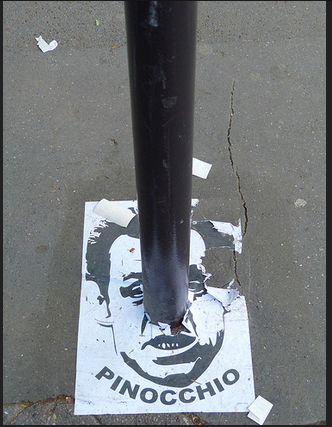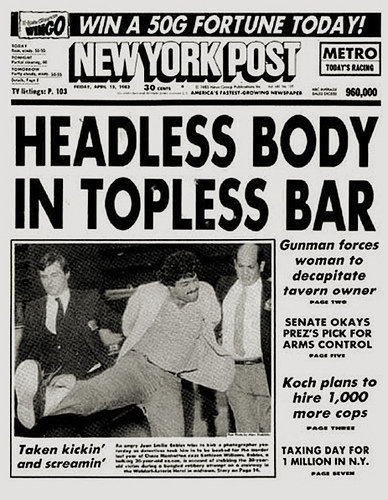Bear knows I had to hustle hard to scrape together my rent money, and he protects it accordingly. —Chelsea Lane Sex workers, submit pictures of your furballs and funds here.
The Week In Links—June 19th
Glenn Kessler is on a roll debunking the hysterical claims of prohibitionists, and this week he slams the “average age of entry into prostitution is 13” stat with four Pinocchios. In the latest example of anti-trafficking laws destroying futures rather than saving lives, we have two Oregon teens, one of whom is expected to be sentenced… Continue reading The Week In Links—June 19th
Support Hos: True Detective
One of my partners cautioned me that I might take issue with the treatment of sex workers in season one of True Detective. Yet somehow, I completely forgot their warning, and found myself marathoning it over a few days several months ago. The first season is a continual whorephobic, misogynistic trainwreck, so it’s difficult for… Continue reading Support Hos: True Detective
The Week in Links—June 12th
Vincent Musetto, writer of the greatest headline in New York Post history—HEADLESS BODY IN TOPLESS BAR—died on Tuesday. The fact that 225 Haitian women being forced to resort to transactional sex with UN peacekeepers to obtain food, medicine, and other needed items comes as a scandalous surprise makes me worry about the naivete of… Continue reading The Week in Links—June 12th
Alix Tichelman’s Trial By Headline
Last month in Santa Cruz, 27-year-old sugar baby and fetish model Alix Tichelman pled guilty to manslaughter in the heroin overdose death of her Google executive client Forrest Hayes, and was sentenced to six years in prison. Throughout the eight months Tichelman was in custody, the media luridly painted her as “The Callgirl Killer,” “The… Continue reading Alix Tichelman’s Trial By Headline



